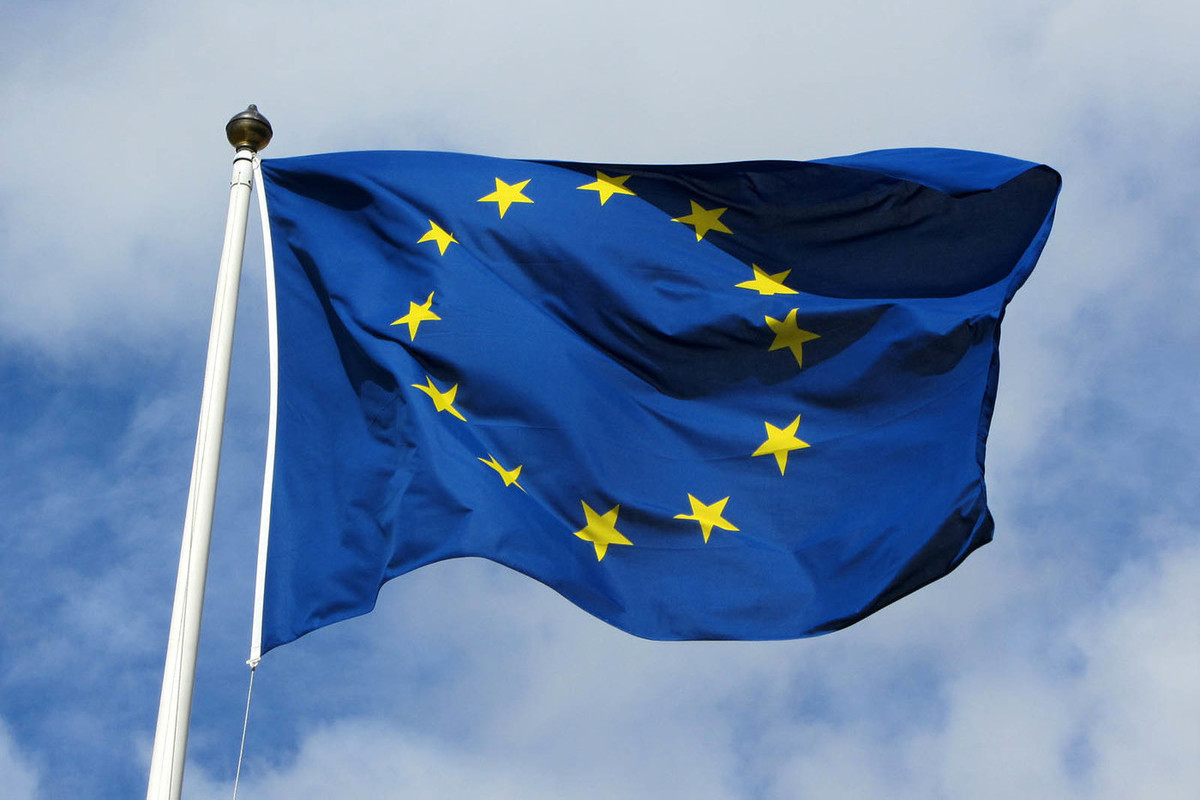The European Union considered profits from Russia’s frozen assets to be its legal property
[ad_1]

Financiers called it an “unthinkable precedent”
The European Union has taken another ultra-cautious step on the slippery slope towards the strategic goal of confiscating frozen Russian assets for transferring them to Ukraine. For now, we are only talking about how and on what legal grounds to use interest income from the reserves of the Central Bank of the Russian Federation stored in European deposits of Euroclear and Clearsteam. In order to solve this non-trivial problem, which in Russia is called nothing other than theft and banditry, the EU Council provided a certain “legislative basis” for it – in the form of a regulation approved by it.
As stated in the document, the profit can be formalized as a financial contribution to the single EU budget to support Ukraine. More precisely, the money will go through the pan-European treasury to a special fund, the creation of which was previously agreed upon by the Council and the European Parliament on February 6.
“Central depositaries that hold assets of the Central Bank of Russia worth more than €1 million must separately account for emergency cash balances accumulated as a result of EU restrictive measures, as well as corresponding income separately,” the EU Council said in its statement. It also states that depositories are prohibited from disposing of the net profit received.
What does it mean? First of all, Brussels decided, as they say, to separate “the flies from the cutlets.” The adopted acts are, rather, of an accounting and control nature, and they relate exclusively to income from the assets of the Bank of Russia in those European depositories where their volume exceeds €1 million. There is no talk yet about the use of funds from private Russian investors. According to the EU, since February 2022, the G7 countries, the European Union and Australia have frozen €260 billion owned by the Central Bank – in the form of both cash and securities. Of this, about €191 billion is in the EU, mainly in the accounts of the Belgian Euroclear. On February 1, 2023, this financial group reported that it had earned almost €4.5 billion in interest on investing Russian assets subject to sanctions. It was decided to keep the money in special accounts.
Meanwhile, this whole long story with potential confiscation is literally riddled with risks. Professional economists in the West are clearly not enthusiastic about the daring plans of European officials. Thus, the European Central Bank warned of reputational threats to the European currency in the long term. The regulator called on Brussels to “look beyond a single conflict” and look for other ways to finance Ukraine. The idea of forced withdrawal of funds from the Central Bank of the Russian Federation (and even the use of investment income at the initial stage) is frankly not liked by the US Treasury, represented by the head of the department, Janet Yellen.
Indeed, the measure looks extremely dubious from a legal point of view. In particular, this is evidenced by the recent statement of the IMF’s First Deputy Managing Director Gita Gopinath, whose words were quoted by Foreign Policy magazine: “You need to be sure that everything you do has sufficient legal support so that you do not have risks in the future.” . The likely implication is that just because someone’s assets are frozen does not automatically mean they can now be used as they please.
“What was conceived in Brussels is technically quite feasible,” says financial analyst Boris Usherovich. – The measure provides for separate accounting of emergency cash balances in accounts over €1 million accumulated as a result of sanctions. It is also planned to store profits separately – and the central depositories that own the assets of the Central Bank of the Russian Federation are able to do this. Another thing is the actual confiscation (and not accounting) of funds, for which there is no legal basis at all. Of course, the EU authorities may try to withdraw profits from frozen accounts, calling it some kind of new tax. But this would go against established global practice and would seriously worry investors from non-European countries. And it may even provoke an outflow of capital from the EU to other jurisdictions.”
For many decades, the West has been a guarantor for everyone of the safety of financial assets located in its jurisdictions. Now an unthinkable precedent is being created when this “guarantor” decides to take away the money. True, they should not be taken away immediately, but gradually, starting with interest profits from the frozen funds of the Central Bank of the Russian Federation and providing a dubious legal basis for this step, argues economist and director of communications at BitRiver Andrei Loboda. In the end, in his opinion, it turns out like in the cartoon “Holidays in Prostokvashino”:
Cat Matroskin: “Here you are, Uncle Fyodor, judge for yourself. If we rent a refrigerator, whose is it?”
Uncle Fedor: “State”.
Cat Matroskin: “Right! Whose is the frost it produces?”
Uncle Fedor: “Our frost! Well, we take it for the frost.”
[ad_2]
Source link






